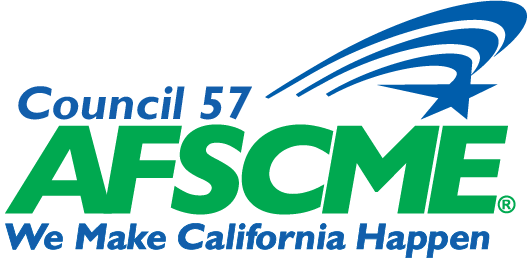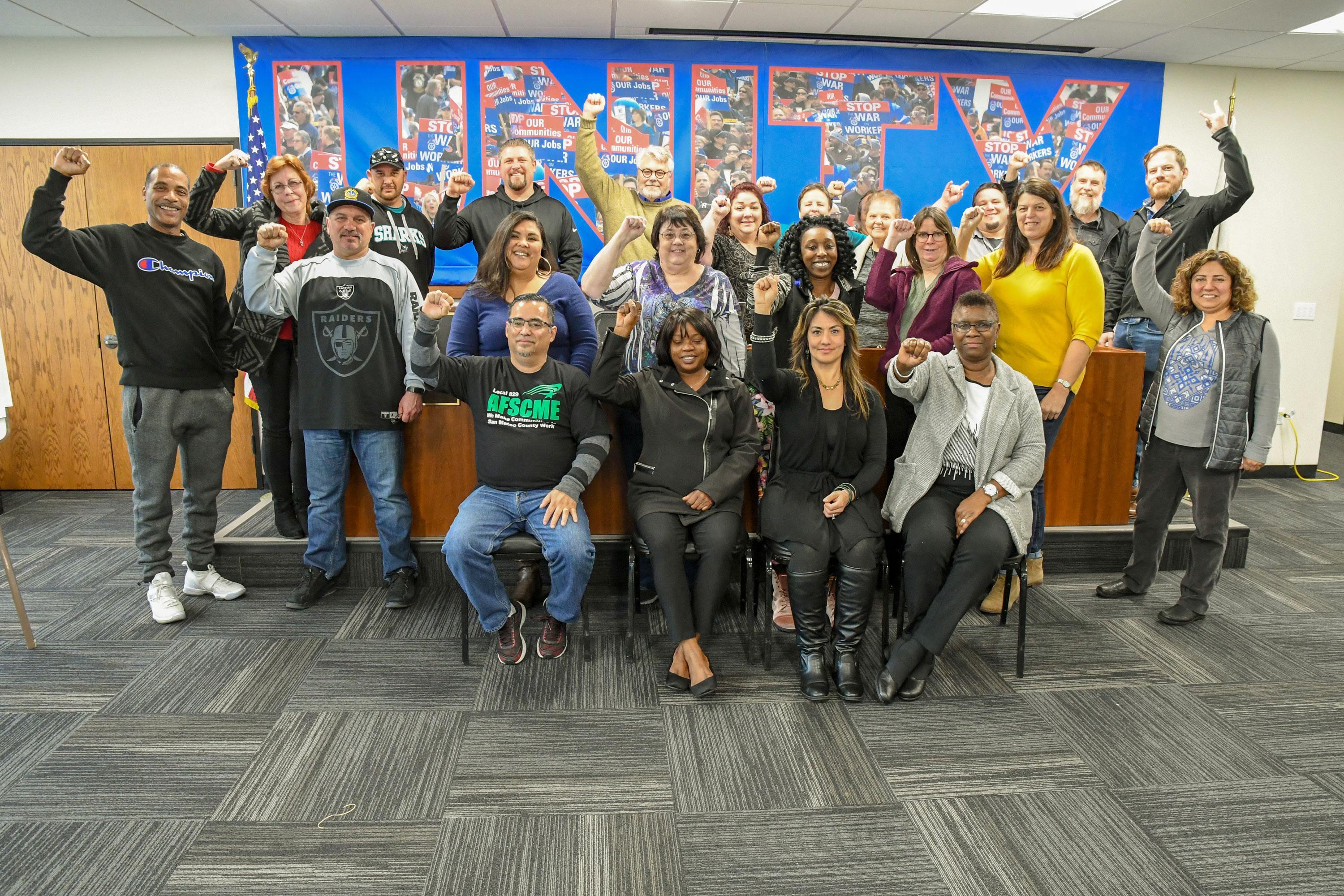A U.S. District judge sided with our brothers and sisters from AFSCME Local 2700 in a recent case that makes it clear that our union does not have to refund dues to workers who opt of their membership.
The lawsuit was filed after the Janus v. AFSCME Supreme Court case last year, which favored billionaire CEOs over working people by ruling that fair-share fees in the public sector violates the First Amendment of the Constitution.
The Contra Costa County lawsuit didn’t hold up in court, the judge ruled, because our union didn’t illegally impose any “agency fees” on the worker when he worked for the county, and his individual rights weren’t violated.
In fact, the worker who filed the lawsuit was being backed by the same anti-union groups that were behind Janus. And our AFSCME Local 2700 brothers and sisters still stood their ground.
“Anyone who believes they don’t need their union is deceiving themselves,” said Shawn Stewart, Local 2700 president.”To go as far as spending money and time on a lawyer to sue in an attempt to recover union dues should let all of us know this individual has a motive beyond just recovering his dues. He’s with the so-called Freedom Foundation, whose interests are to dismantle unions and bring us back to the times when corporations did whatever they wanted while workers barely made enough money to make a living.”
We are certain that there will be more attempts to weaken unions using similar lawsuits. But the good news is that a number of recent attempts to make unions pay refunds to former members have all met the same fate.
Even after winning his Supreme Court case, Mark Janus tried to force AFSCME to pay back the fees he paid as a state worker between March 2013 and July 2018—about $3,000—plus interest.
But a federal judge in Chicago denied Janus any damages in May.
In his opinion, the judge said “AFSCME followed the law” when having members sign up for the union and no one could have “reasonably anticipated” that the Supreme Court would eventually change the law of the land.

